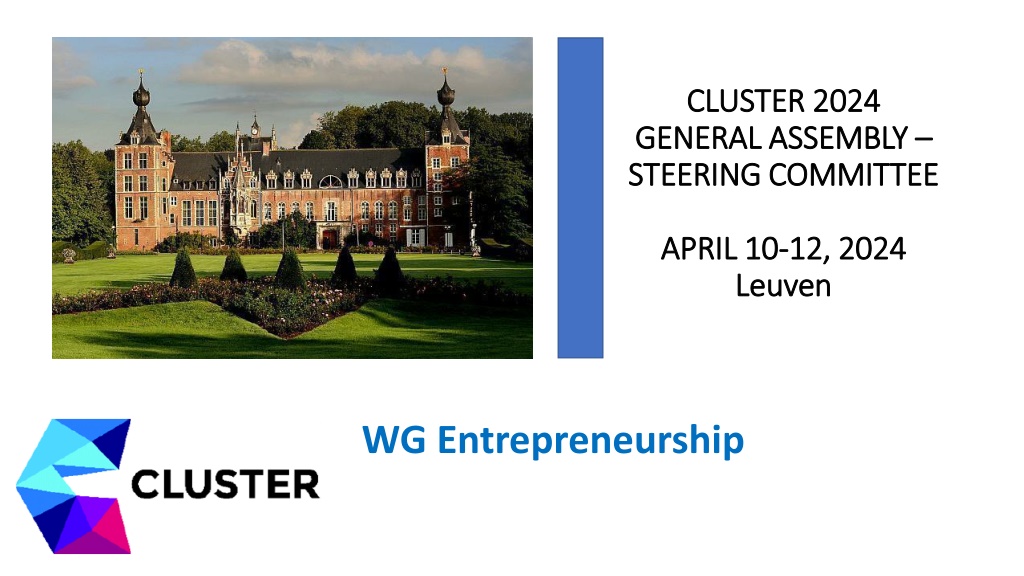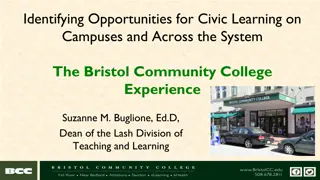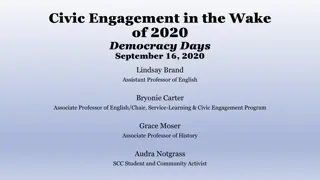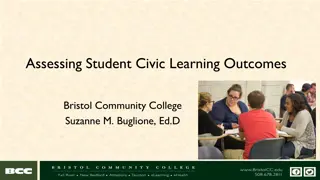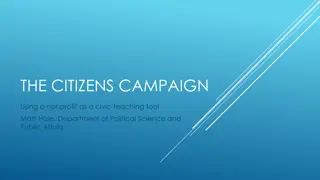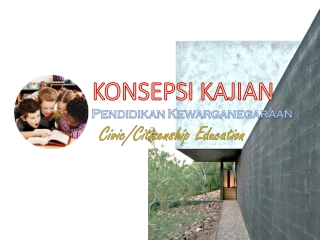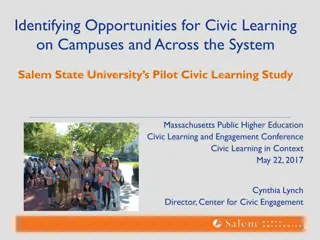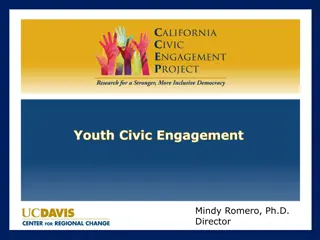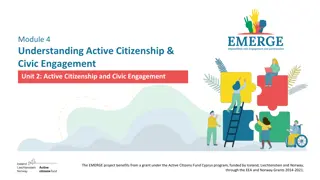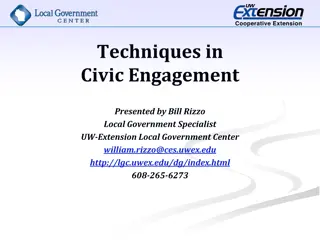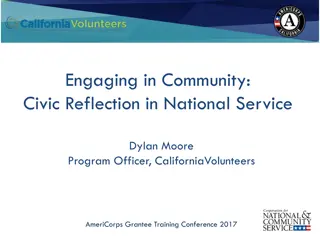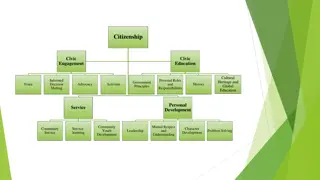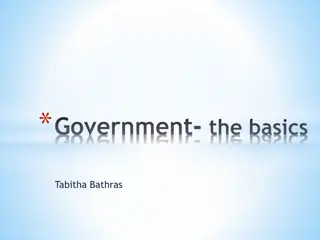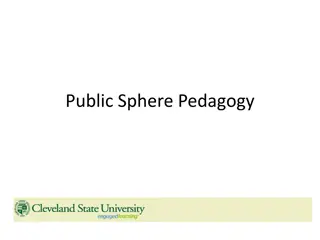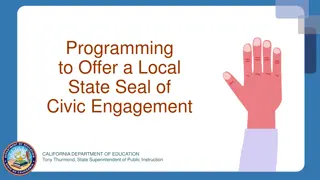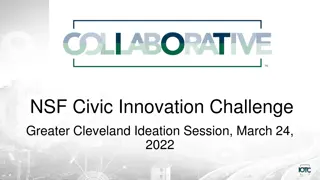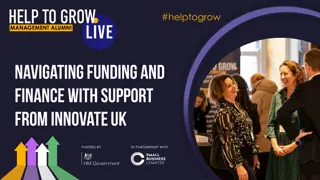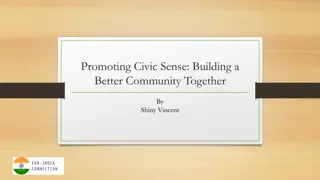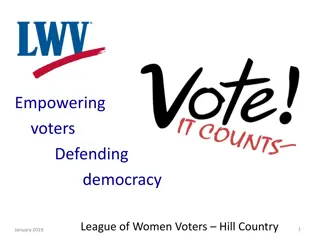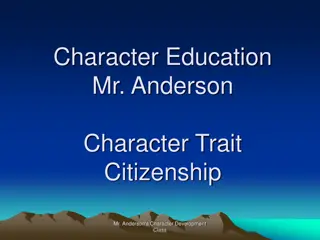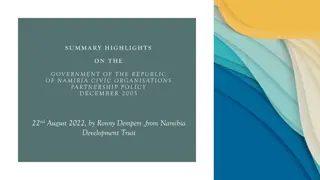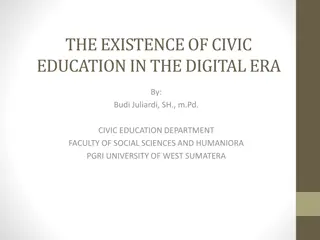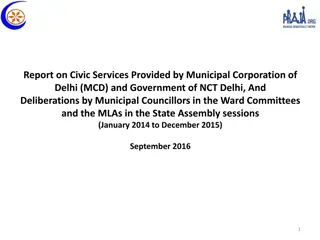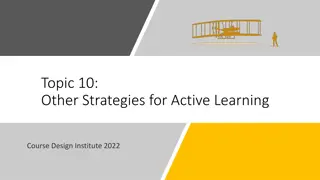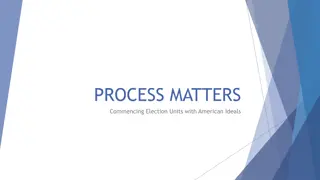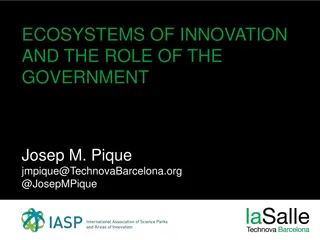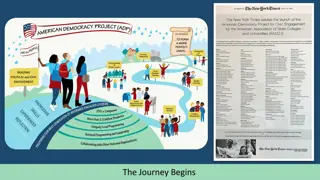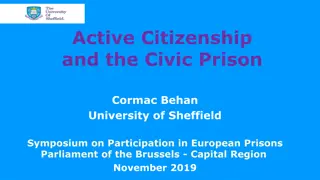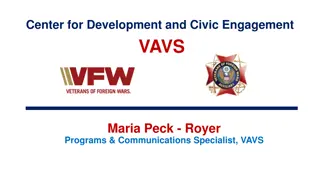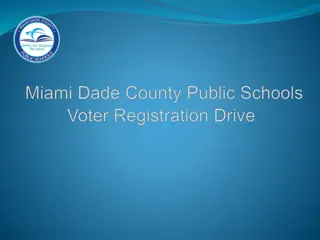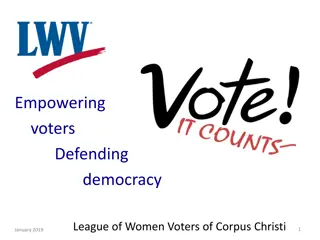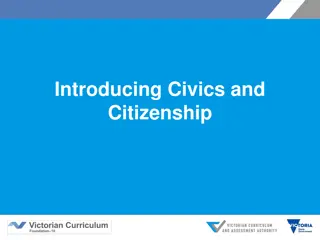ChallengED Project - Empowering Innovation and Civic Engagement
The ChallengED project aims to develop a Challenge-Based Learning (CBL) entrepreneurship course focused on sustainable improvements and impact measurement. Partners include KU Leuven, TU/e, KTH, UPC, and Polito Torino. Objectives include enhancing entrepreneurial skills, civic engagement, and addressing climate change through innovation. Work packages involve management, defining challenges, course design, and impact evaluation. Activities cover stakeholder interviews, challenge identification, and course development with open-source materials.
Download Presentation

Please find below an Image/Link to download the presentation.
The content on the website is provided AS IS for your information and personal use only. It may not be sold, licensed, or shared on other websites without obtaining consent from the author. Download presentation by click this link. If you encounter any issues during the download, it is possible that the publisher has removed the file from their server.
E N D
Presentation Transcript
CLUSTER 2024 CLUSTER 2024 GENERAL ASSEMBLY GENERAL ASSEMBLY STEERING COMMITTEE STEERING COMMITTEE APRIL 10 APRIL 10- -12, 2024 Leuven Leuven 12, 2024 WG Entrepreneurship
Erasmus+ project Acronym: ChallengED Empowering Innovation, Environmental action, and Civic Engagement through Challenge-Based Entrepreneurship Education Some facts 3 year project Starting (if granted!) 1 October 2024 Partners KU Leuven (co rdinator) TU/e KTH UPC Polito Torino
ChallengED: EU priorities targeted Supporting innovation and entrepreneurial skills of students Common values, civic engagement and participation Environment and fight against climate change
ChallengED: objectives The objective of ChallengED is to develop, promote and implement a Challenge-Based Learning (CBL) entrepreneurship course, where challenges are set by local actors in society aiming for sustainable improvements; and to develop a methodology for measuring the impact created by Challenge-Based Learning. The course will develop students' entrepreneurial skills, and social and civic engagement whilst developing their competences in various sustainability relevant sectors.
Work Packages WP1 Management (KU Leuven) WP2 Defining Challenges (Polito Torino) WP3 CBL course design (UPC) WP4 Impact evalution (TU/e)
WP2 Defining Challenges Activities include - Interviews with stakeholders including local organizations such as municipalities, to find hurdles and solutions, and list suitable challenges on sustainable development. Results: A study on the needs and hurdles, and proposals to overcome these hurdles, in Challenge-Based Learning (CBL) projects with local organizations, with a list of suitable environmental challenges
WP3 CBL course design Activities include - Development of a Challenge-Based Learning (CBL) course including open source training material. - The course will be run twice (iterative method) in UPC, Torino and Leuven Results: A CLB course with quality open source teaching material, in a reproducible format (geographical and temporal dimension), targeting skills development and employability.
WP4 Impact evaluation Activities include - Development of impact evaluation of CBL on all selected priorities (entrepreneurial skills, civic engagement and green skills). - It will be used on the two iterations of the course Results: A methodology on how to measure the impact of CBL at different levels: society, institution, teachers and students.
Involvement of Cluster members Involvement in the needs analysis Interviews, surveys, Possibility to run the CBL course that will be designed The material will be open source reproducible format (geographical and temporal dimension) Possible involvement in the impact analysis
